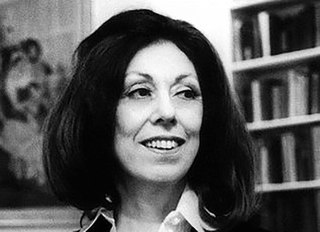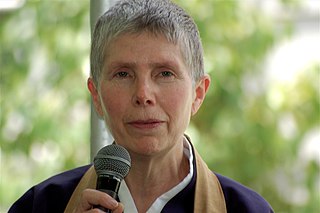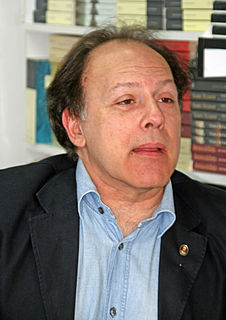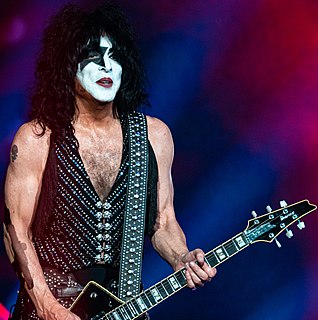A Quote by Hortense Calisher
I don't suppose there's really any critic except posterity.
Related Quotes
Except that it’s not really 'now' that the inner critic attacks. It’s a few seconds or a minute ago. The inner critic depends upon comparison, and when we are fully aware in the present moment, when there is no past or future in our mind’s awareness, there is nothing to compare. There is only what is, as it is. The inner critic disappears.
Slyly, banteringly, but also overbearingly, the critic - the one who does not swallow anything whole, who waits until posterity has consecrated it before... howling - is among those who howl their admiration the way they howl their insults: don't be afraid, don't tremble - the beast doesn't have any nails or teeth, or even brain: it is stuffed.
Music critics are, for the most part, bitter people who are intent at dragging people down for being successful at what they want to do, which is probably music. The oddity of being a critic is: You don't get a diploma, you just decide you're a critic. If someone listens to your opinion rather than their own, it's their mistake. Any critic's top 10, any year, it's something controversial or something that will make them look hipper-than-thou. The whole critic game, we've never played.
You find very few critics who approach their job with a combination of information and enthusiasm and humility that makes for a good critic. But there is nothing wrong with critics as long as people don't pay any attention to them. I mean, nobody wants to put them out of a job and a good critic is not necessarily a dead critic. It's just that people take what a critic says as a fact rather than an opinion, and you have to know whether the opinion of the critic is informed or uninformed, intelligent of stupid -- but most people don't take the trouble.
Mindfulness is the primary tool in that we get a little space between ourselves and the thoughts and then we actually can be more responsive, as in: Do I want to listen to that? Do I want to ignore it? Do I want to say "no thank you". Do I want to inquire if that's really true or helpful? So we start with mindfulness and we're not engaging, because as soon as we do that, we've given the critic authority. Instead, we want to notice the critic but not give it any attention, not really give it much value.






































